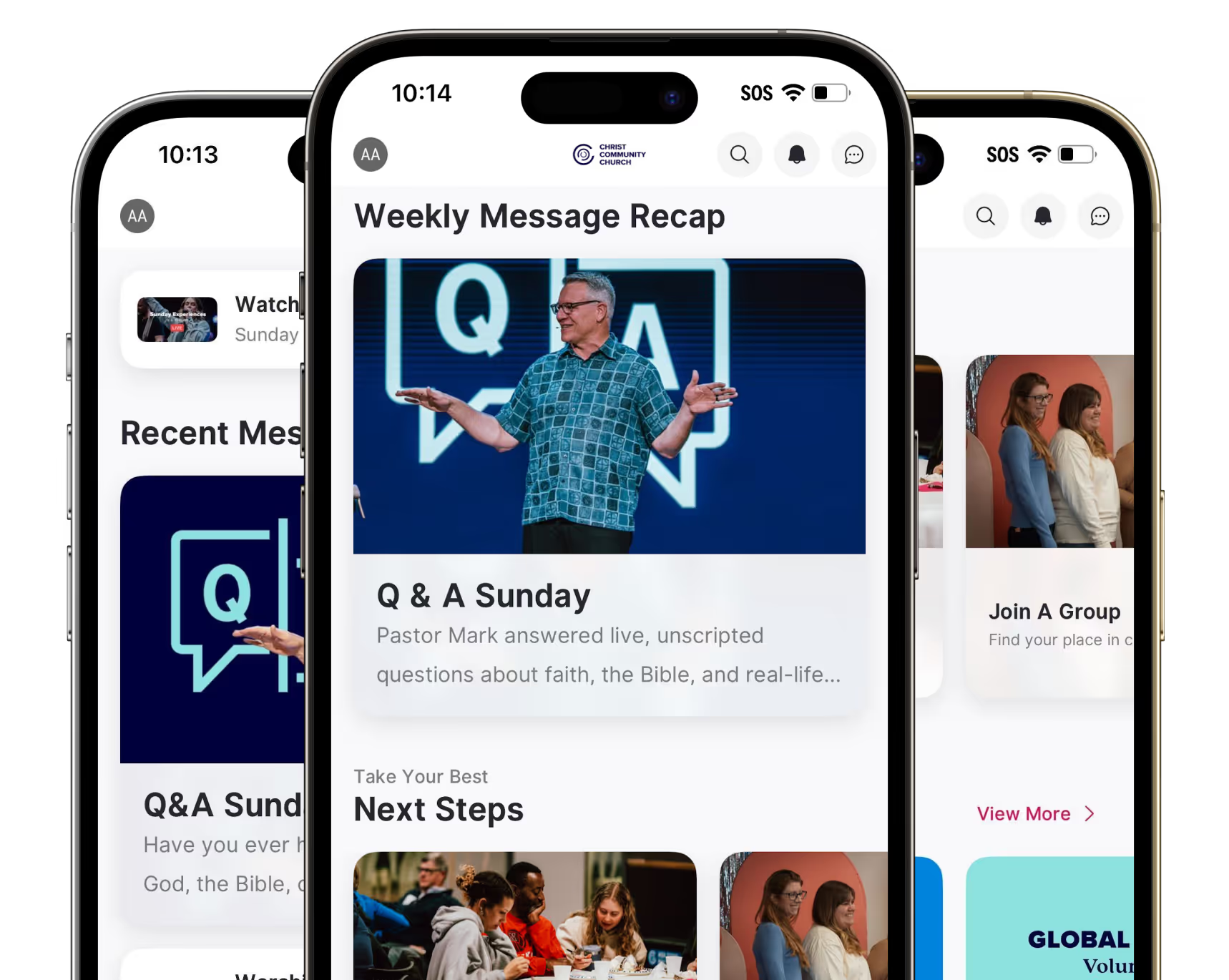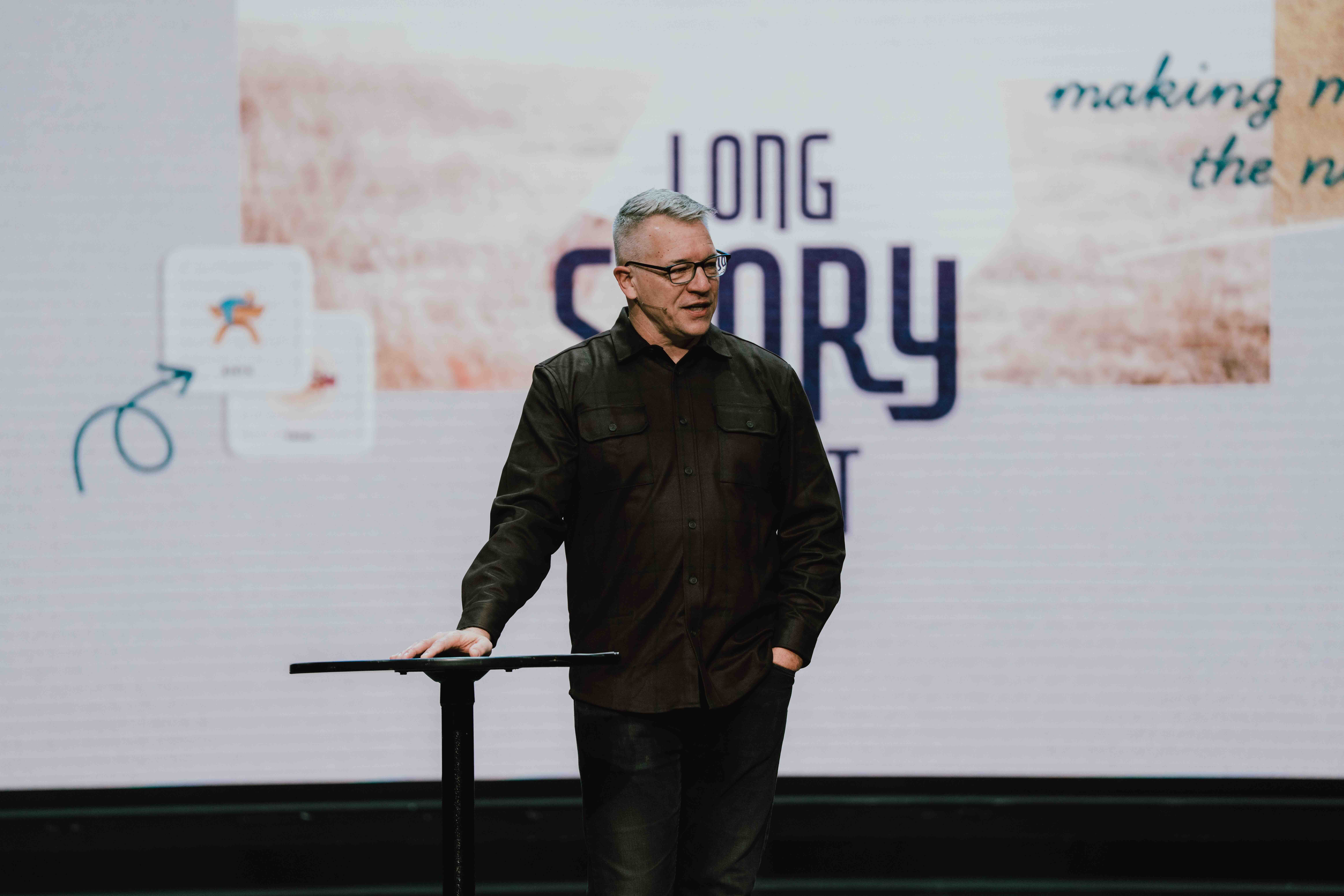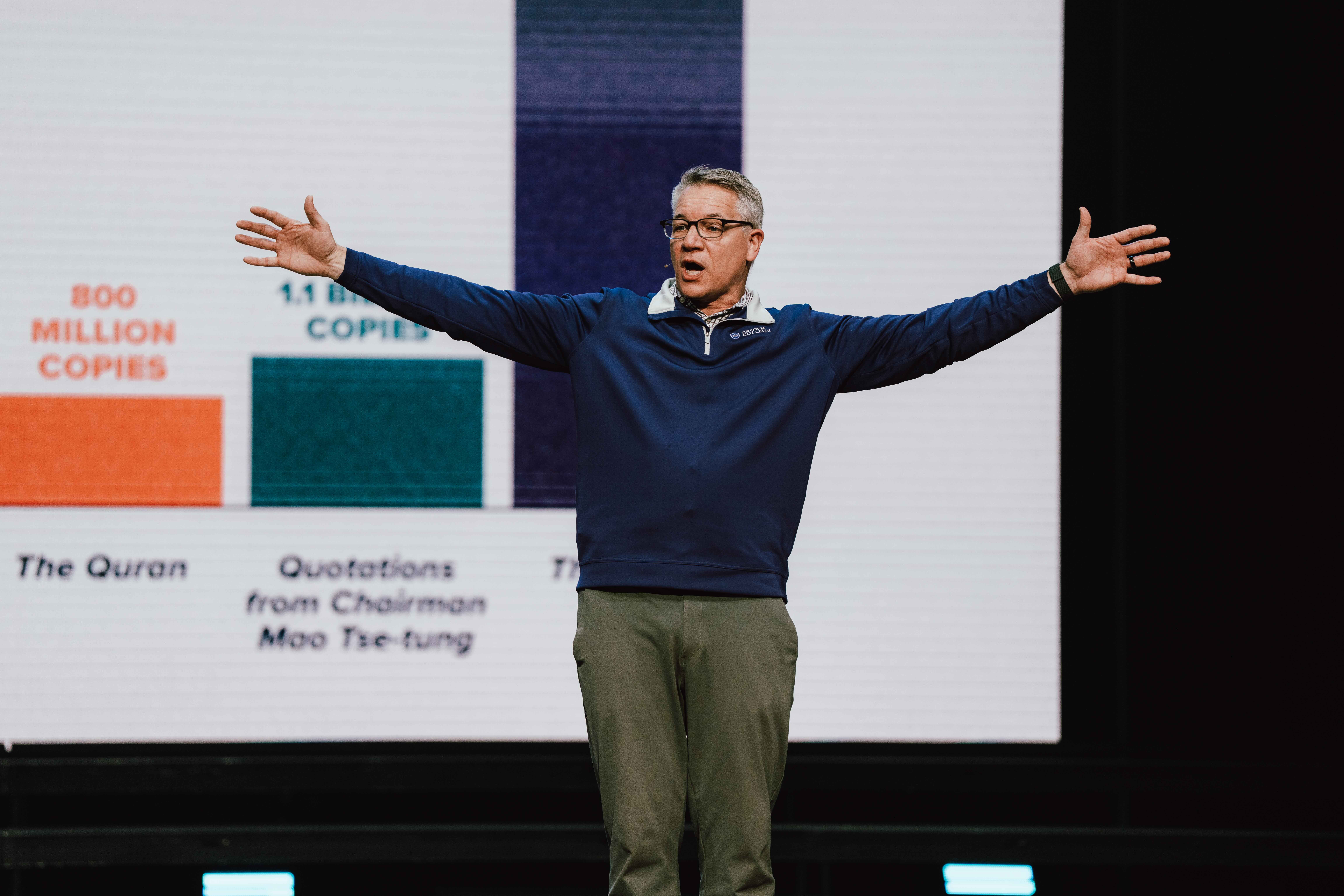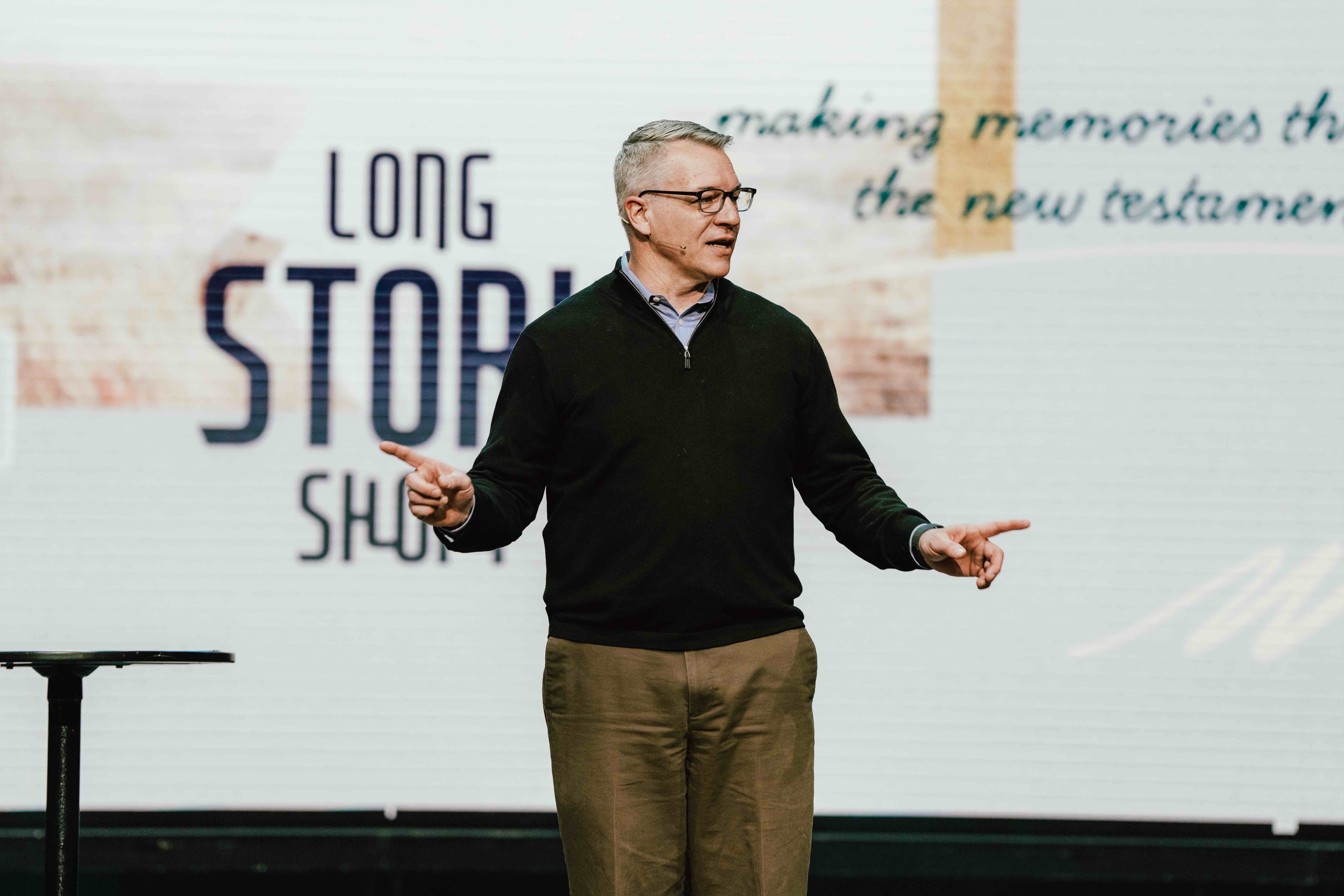Creation, Corruption, Catastrophe, Confusion
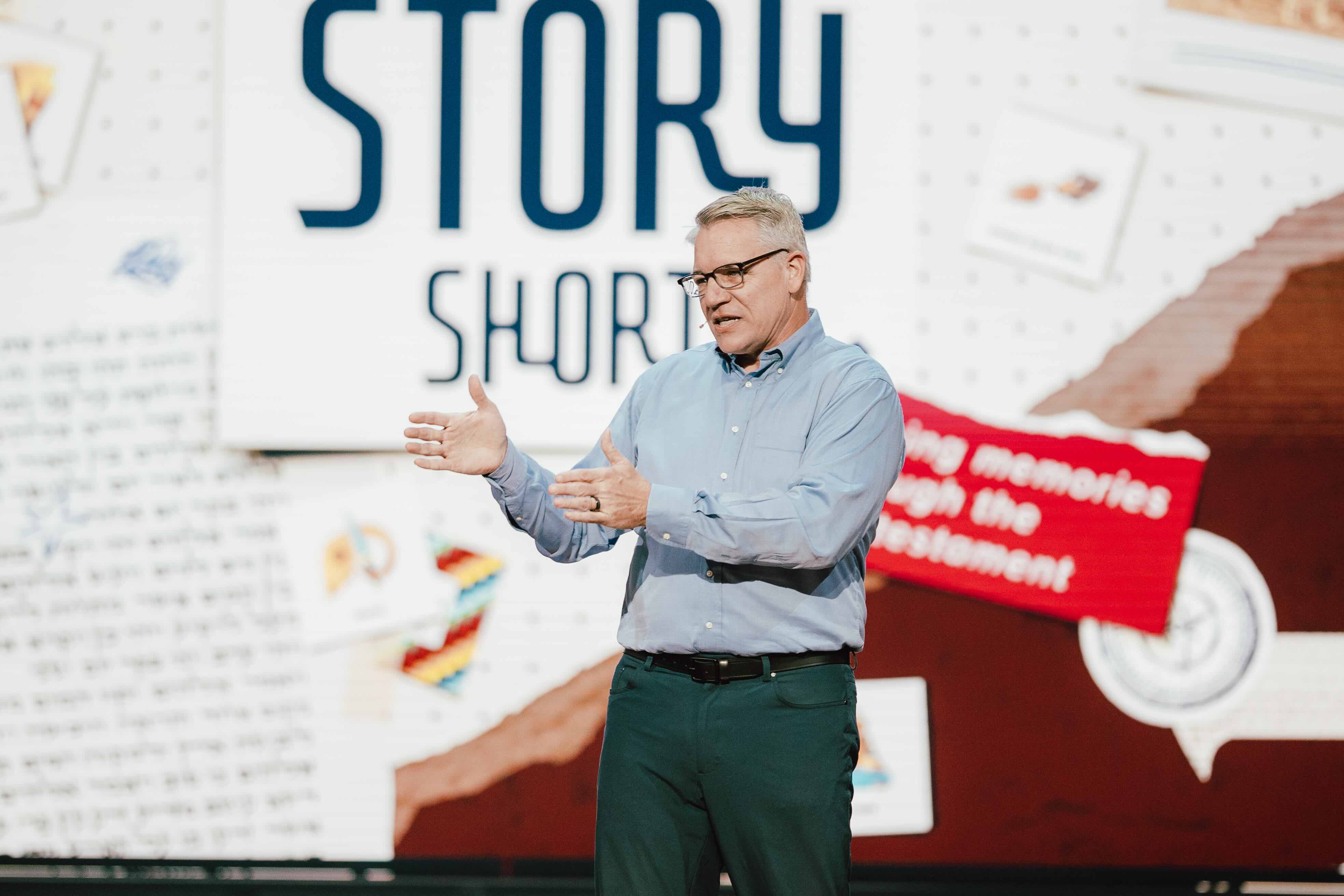
Every few years it’s helpful to step back and see the big picture of the Bible. Instead of zooming in on a single passage, this series gives us the “boxtop view” of God’s story. In just ten weeks, we’re covering 1,400 years of history and 39 books of the Old Testament, reduced to 40 key words. This week we began with the first four: Creation, Corruption, Catastrophe, and Confusion.

Creation: God’s Good Design
The Bible opens with four powerful words: In the beginning God. Before time, space, or matter—there was God. Everything else springs from His creative genius. Genesis 1 shows us not only the forming and filling of the world, but also the rhythm of God speaking, naming, and declaring His creation good.
The pinnacle of creation is humanity, made in God’s image. That means we are like Him—intelligent, creative, moral—and we represent Him as His image-bearers in the world. God gave humanity a mission: be fruitful, fill the earth, and rule over creation. Genesis 1–2 gives us a picture of beauty, order, and abundance—life as it should be under God’s care.
Corruption: Humanity’s Fall
Genesis 3 introduces a devastating turn. Tempted by the serpent, Adam and Eve reject God’s command, and the harmony of creation unravels. Beauty gives way to brokenness, order to chaos, abundance to scarcity. The fall introduces pain, death, and separation.
Yet even in judgment, God offers hope. In Genesis 3:15, He promises that one day a descendant of the woman will crush the serpent’s head. This is the first whisper of the gospel—the promise of Jesus.
The corruption continues as Cain murders Abel, death fills the genealogies, and generation after generation drifts further from God. The refrain becomes hauntingly clear: and then he died. By Genesis 10, the families of Noah’s sons—Shem, Ham, and Japheth—begin spreading throughout the earth. Their descendants form tribes and nations, multiplying across regions. From Shem come the Semites (the family line through which Israel will come), while Ham and Japheth’s families spread into Africa, Asia, and Europe. Humanity was growing, but corruption still spread with it.

Catastrophe: The Flood
By Genesis 6, evil had become overwhelming. Every thought of the human heart was “only evil all the time.” In response, God sends a flood, choosing to preserve one man—Noah—and his family. The ark becomes both a refuge and a reset. After more than a year on the waters, Noah’s family begins again.
God seals His covenant with a sign: the rainbow, a “bow” pointed upward as a symbol of peace. Each time we see it, we’re reminded of a God who would rather take judgment upon Himself than destroy us as we deserve.
Confusion: The Tower of Babel
Instead of filling the earth as God commanded, people gather at Babel to build a tower “up to the heavens.” Their goal is power, dominance, and control. But God confuses their language, scatters them, and ensures His creation mandate is fulfilled. Out of confusion comes cultural diversity—many languages and nations that reflect His glory.

Grace Greater Than Our Sin
Genesis 1–11 is an epic story of repeated human failure—creation lost, corruption deepened, catastrophe endured, and confusion scattered. Yet woven through every chapter is God’s grace. Grace to Adam and Eve with the promise of a Savior. Grace to Cain with mercy instead of death. Grace to Noah with salvation through the ark. Grace at Babel to prevent the abuse of power.
The mess is worse than you think, but God’s grace is better than you imagine.
Genesis reminds us that sin runs deep, but grace runs deeper. God’s promise from the beginning points us to Jesus—the One who crushed the serpent’s head at the cross and offers us new life today.
Next week, we’ll step into the second half of Genesis and meet four key players who dominate the headlines of God’s story.
Message recap adapted from September 7, 2025, message by Minister Mark Ashton
Message Notes & Slides
Download Our App
Grow in your faith and build daily habits using our app.
